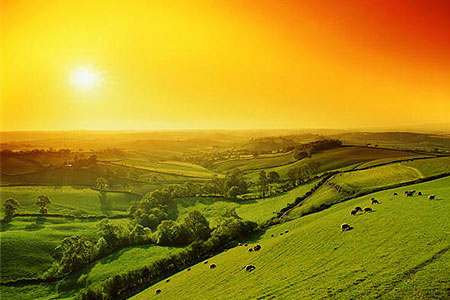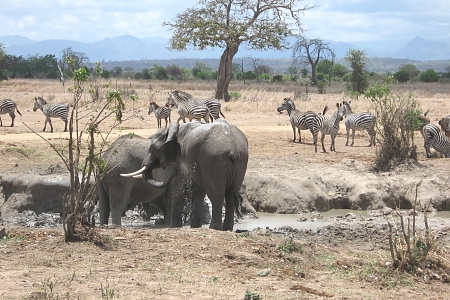
Western Circuit
One of the continent's most iconic safari destinations, Tanzania is a haven for those looking to immerse themselves in the wonder of the African bush. It is home to some of East Africa's most famous game reserves – including the Serengeti National Park and the Ngorongoro Conservation Area. Many visitors travel to Tanzania to see the annual Great Migration of wildebeest and zebra, but there are many other reasons to stay. From the idyllic beaches of Zanzibar to the peaks of Kilimanjaro and Mount Meru, this is a country with limitless potential for adventure.
Mount Kilimanjaro | Spicy Island of Zanzibar | Serengeti National Park | Arusha National Park | Lake Manyara National Park | Tarangire National Park | Ngorongoro Crater | Nyerere National Park | Katavi National Park | Mikumi National Park | Ruaha National Park | Gombe Stream National Park | Mahale Mountains National Park | Mount Meru | Oldonyo Lengai | Usambara Mountain | Udzungwa National Park | Lake Eyasi | Lake Victoria |
Location:
Tanzania is located in East Africa, on the shores of the Indian Ocean. It is bordered by Kenya to the north and Mozambique to the south; and shares inland borders with Burundi, the Democratic Republic of Congo, Malawi, Rwanda, Uganda and Zambia.
Geography:
Including the offshore islands of Zanzibar, Mafia and Pemba, Tanzania has a total area of 365,755 square miles/ 947,300 square kilometers. It is a little more than twice the size of California.
Capital City:
Dodoma is the capital of Tanzania, although Dar es Salaam is the country's largest city and its commercial capital.
Population:
According to a July 2018 estimate published by the CIA World Factbook, Tanzania has a population of almost 55.4 million people. Almost half of the population falls into the 0-14 age bracket, while the average life expectancy is 63 years of age.
Languages:
Tanzania is a multilingual nation with many different indigenous languages. Swahili and English are the official languages, with the former spoken as the lingua franca by the majority of the population.
Religion:
Christianity is the predominant religion in Tanzania, accounting for just over 61% of the population. Islam is also common, accounting for 35% of the population (and almost 100% of the population on Zanzibar).
Currency:
Tanzania's currency is the Tanzanian shilling. For accurate exchange rates, use this online converter.
Climate:
Tanzania lies just south of the equator and on the whole enjoys a tropical climate. Coastal areas can be particularly hot and humid, and there are two distinct rainy seasons. The heaviest rains fall from March to May, while a shorter rainy season occurs between October and December. The dry season brings with it cooler temperatures and lasts from June to September.
When to Go:
In terms of weather, the best time to visit is during the dry season, when temperatures are more pleasant and rains are rare. This is also the best time for game-viewing, as animals are drawn to waterholes by a lack of water elsewhere. If you're planning on witnessing the Great Migration, you need to make sure that you're in the right place at the right time. Wildebeest herds gather in the southern Serengeti at the start of the year, moving northwards through the park before eventually crossing into Kenya around August.
Population: Tanzania has a population of around 47.6 million (UN, 2012). Native Africans constitute 99% of the population
Climate: Tanzania has a tropical climate along the coast but it gets temperate in the highlands.
April & Mid – May = Long rains (Green Season)
June – Sept = Cool season
Nov – Dec = Short Rains
October – March = Hottest season
The range of Temperatures in Tanzania is fairly limited and always hot, running from 25 to 30 degrees C on the coast while the rest of the country apart from the highlands run from 22 to 27 degrees C.
Time: GMT + 3 hrs
Electricity: 240 Volts AC, 50 – 60 Hz
Language: Kiswahili & English
Area: 945,087 sq km (364,900 sq miles)
Life expectancy: 58 years (men), 60 years (women) (UN)
Monetary Unit: 1 Tanzanian shilling = 100 cents
Main exports: Gold, sisal, cloves, coffee, cotton, cashew nuts, minerals, tobacco
GNI per capita: US $540 (World Bank, 2011)
Internet domain: .tz
International dialling code: +255
Currency: Tanzania Shillings; however you are advised to carry American Dollars. Money changers do accept major convertible currencies including the EURO and the Japanese Yen. Travellers Cheques may be acceptable in some places, but not in the remote countryside, Major Credit Cards may also be acceptable in some large Hotels, however it is advisable to carry Cash US Dollars, which you will change on arrival..
System of government: Tanzania is a multiparty democratic republic.
Capital: Dodoma, with a population of around 325,000, is the official capital while
Dar-es-Salaam, with a population of nearly 4 million, serves as the administrative capital of the country.
P9: Top Destinations - Where to go...


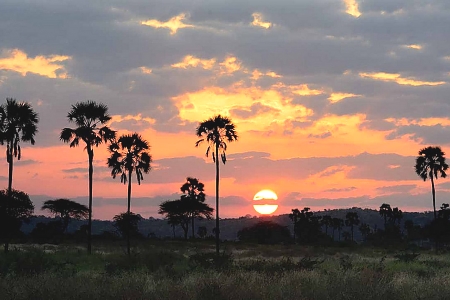
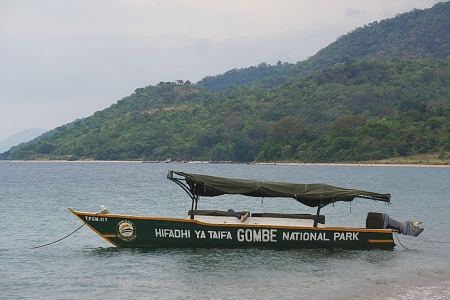
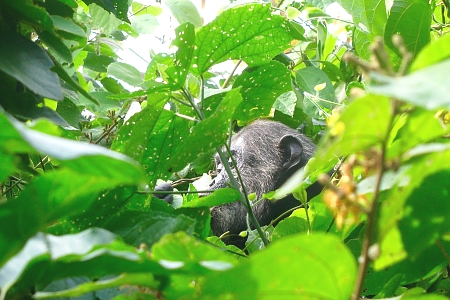
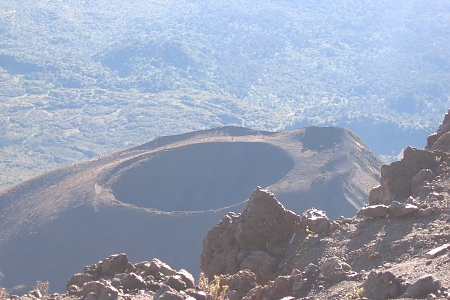
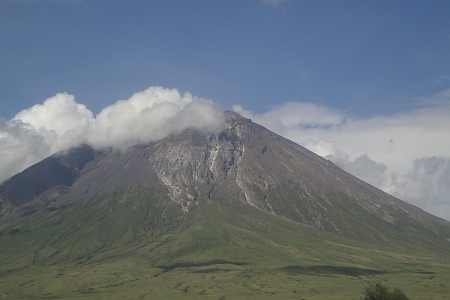
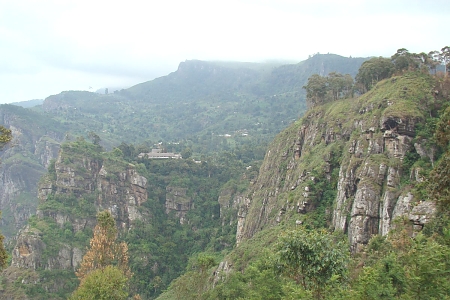
_450_300shar-50brig-20_c1_c_t.jpg)
